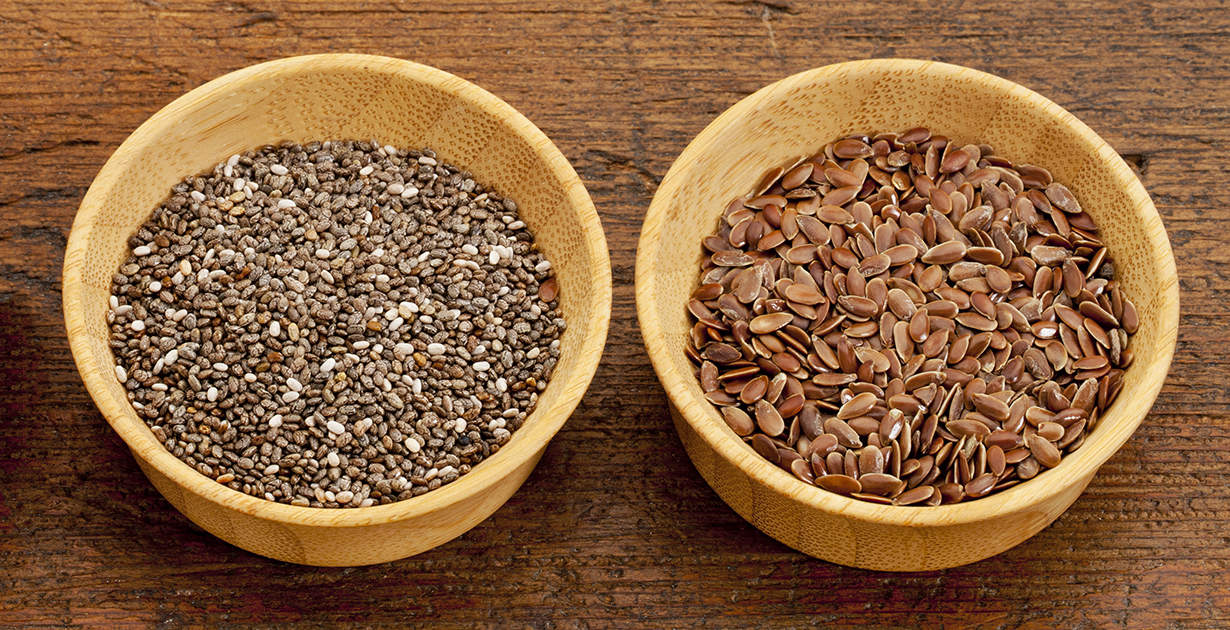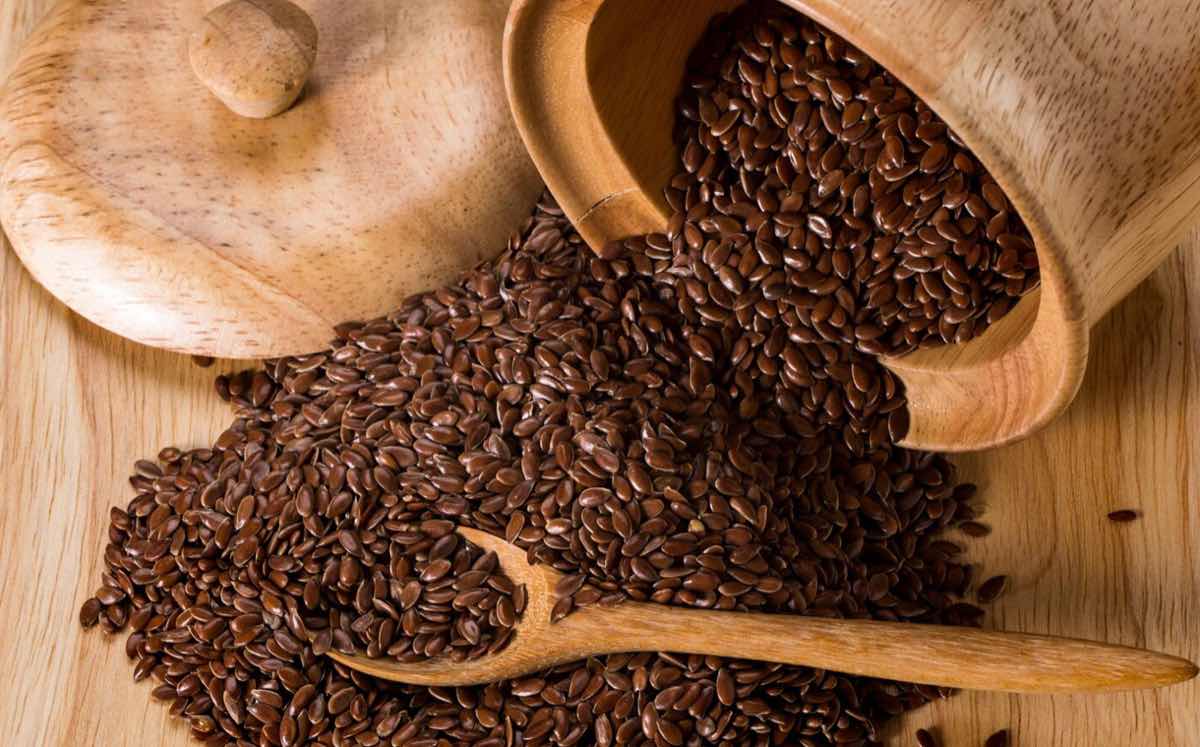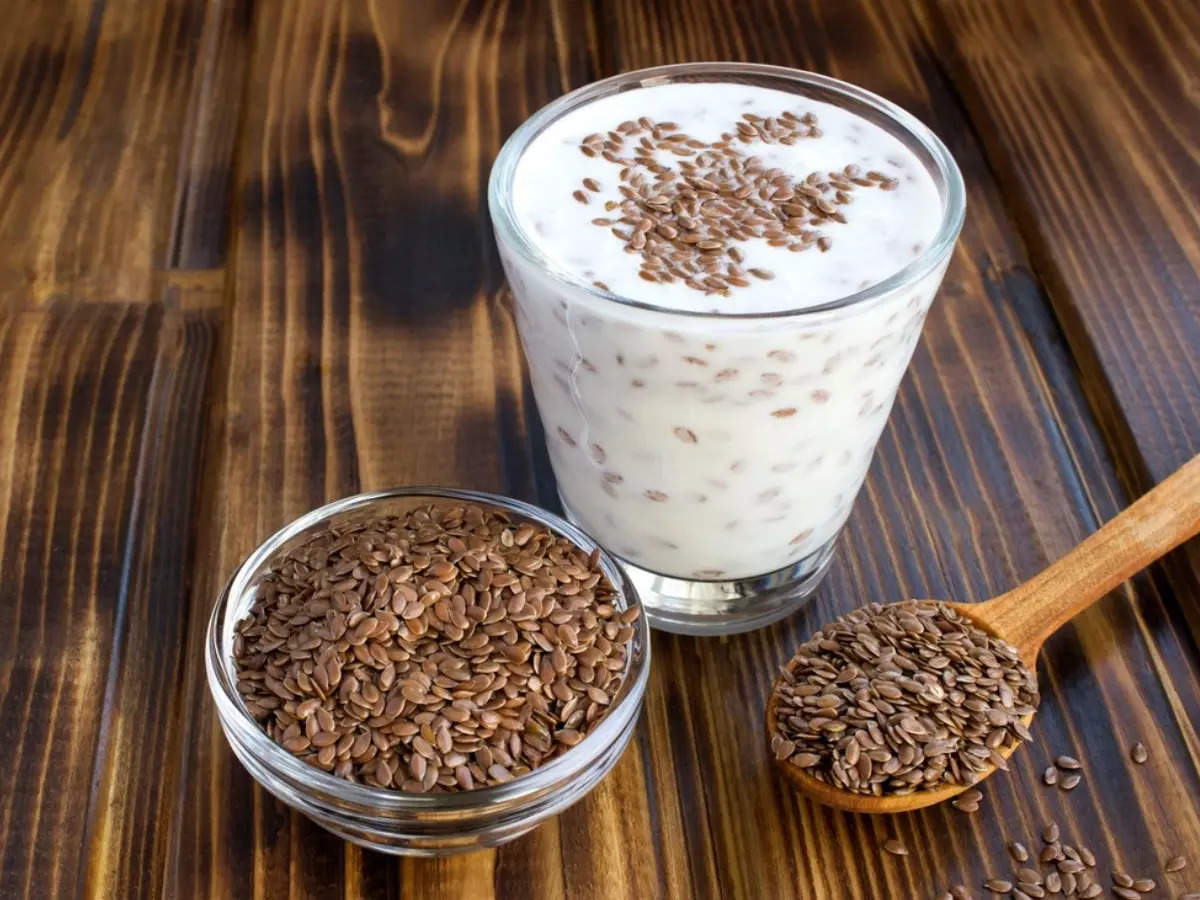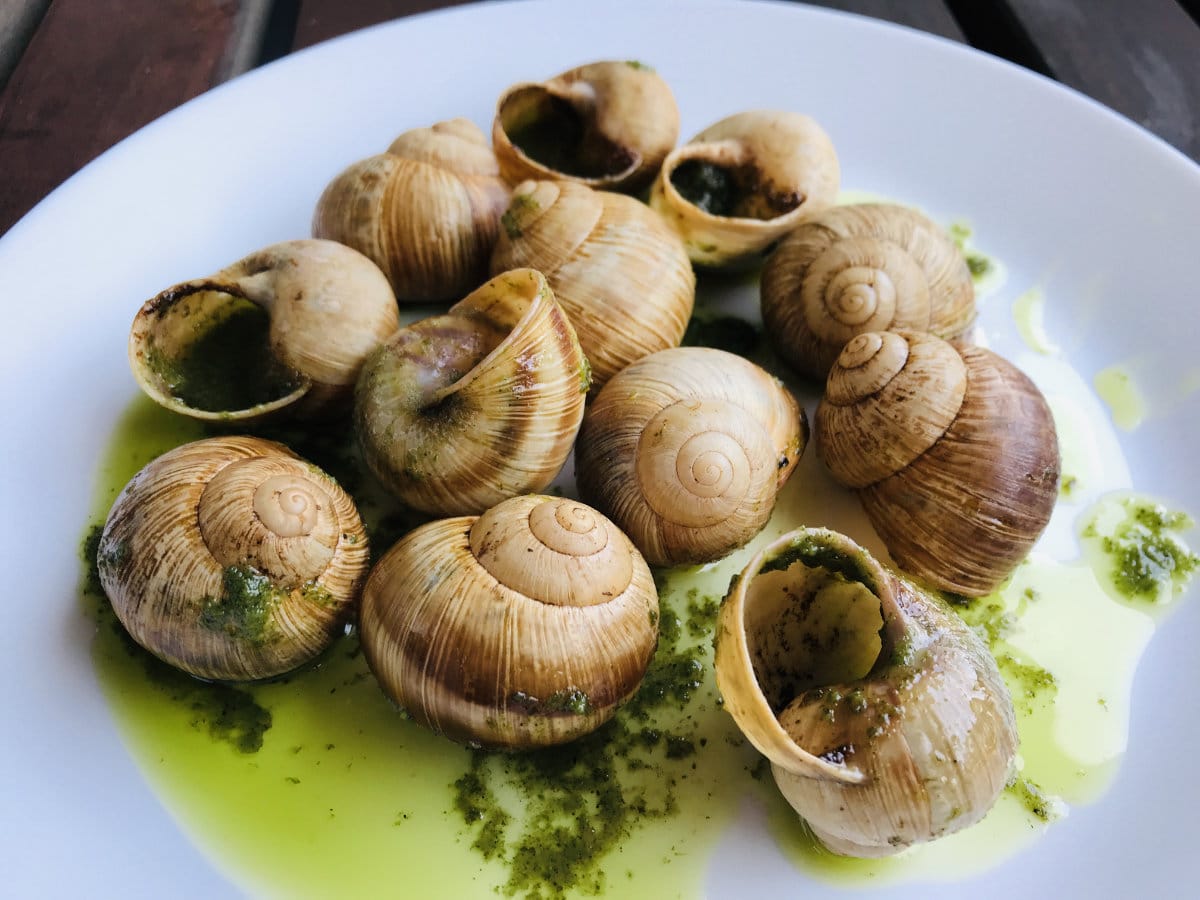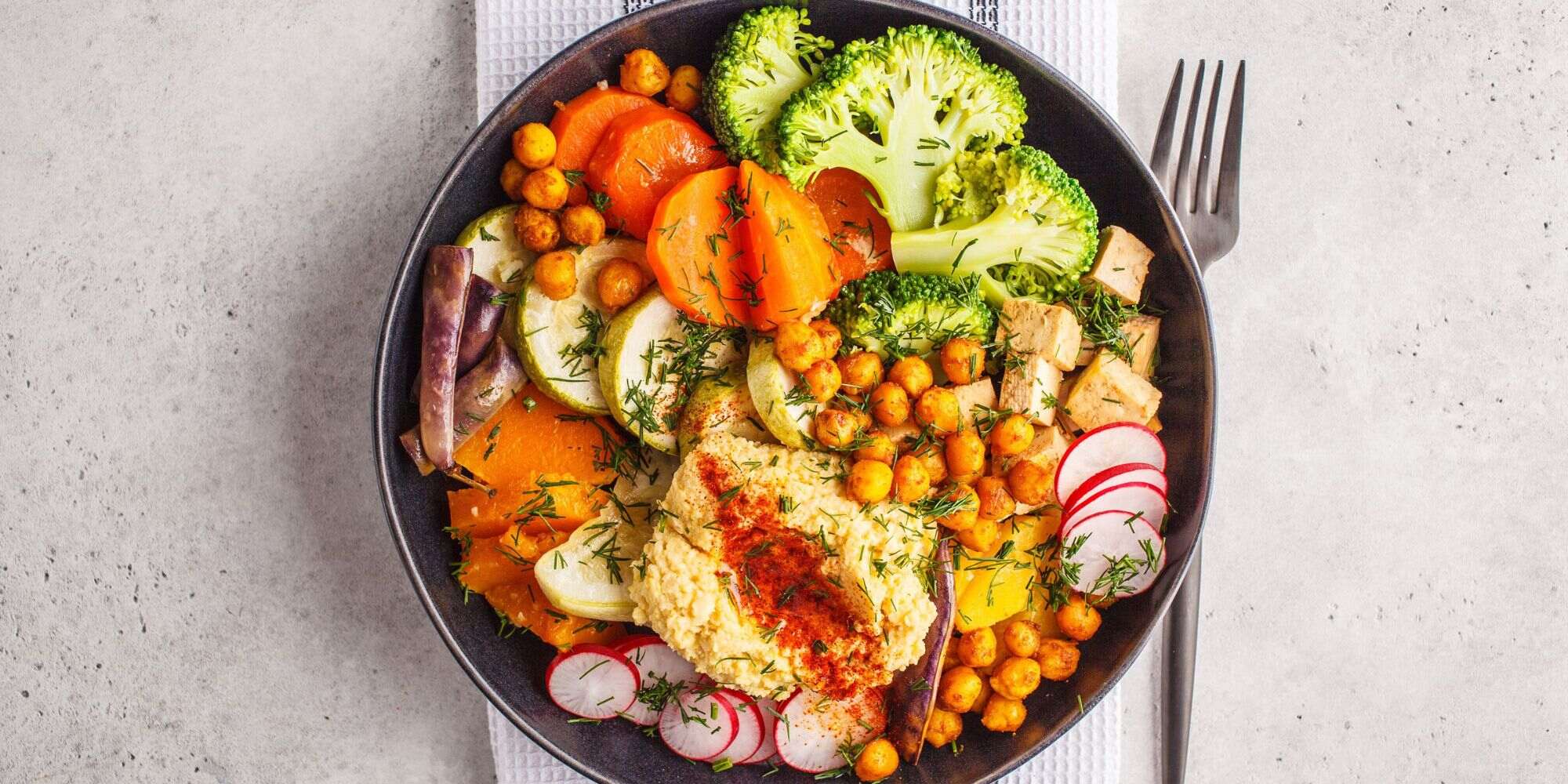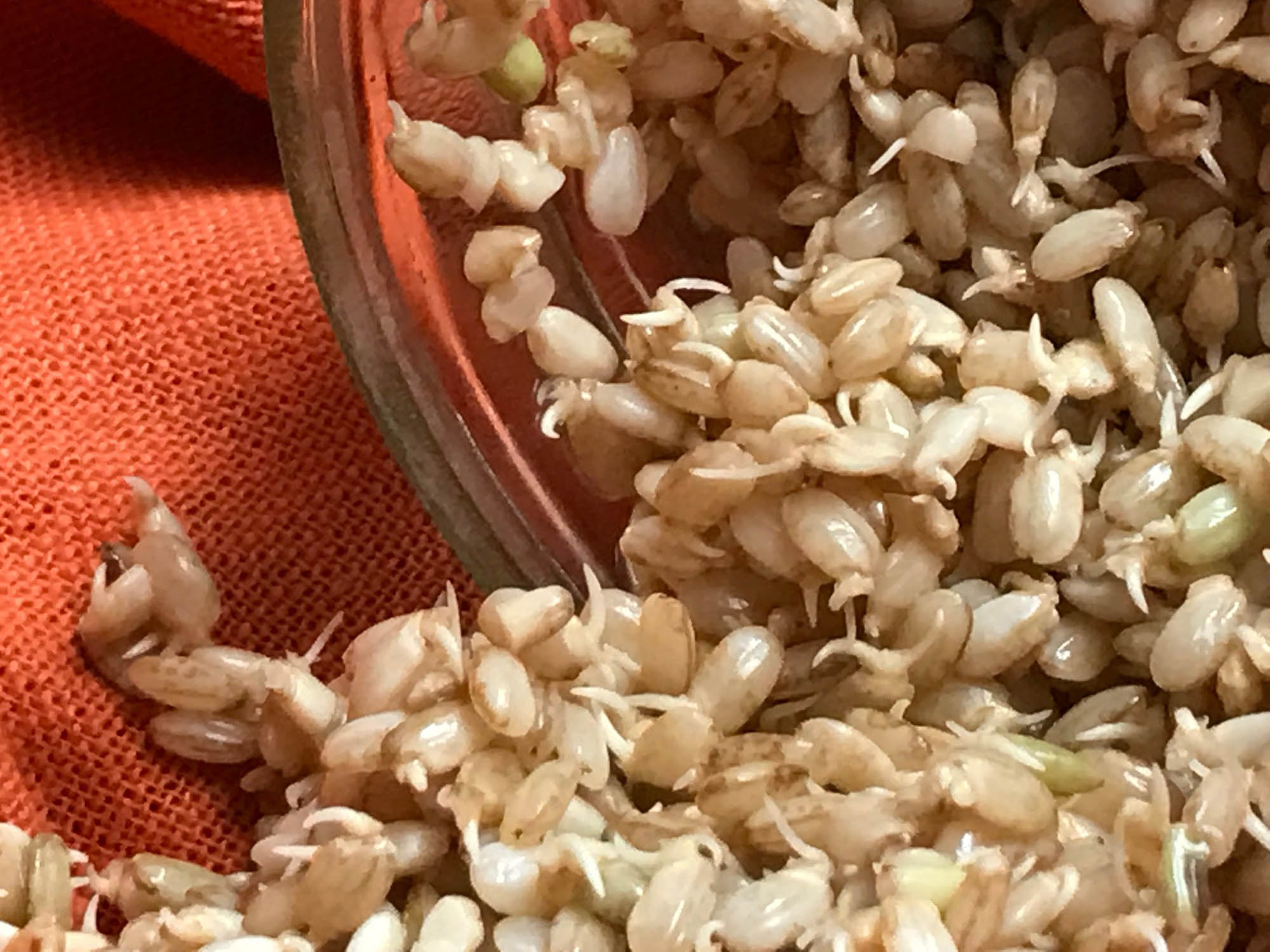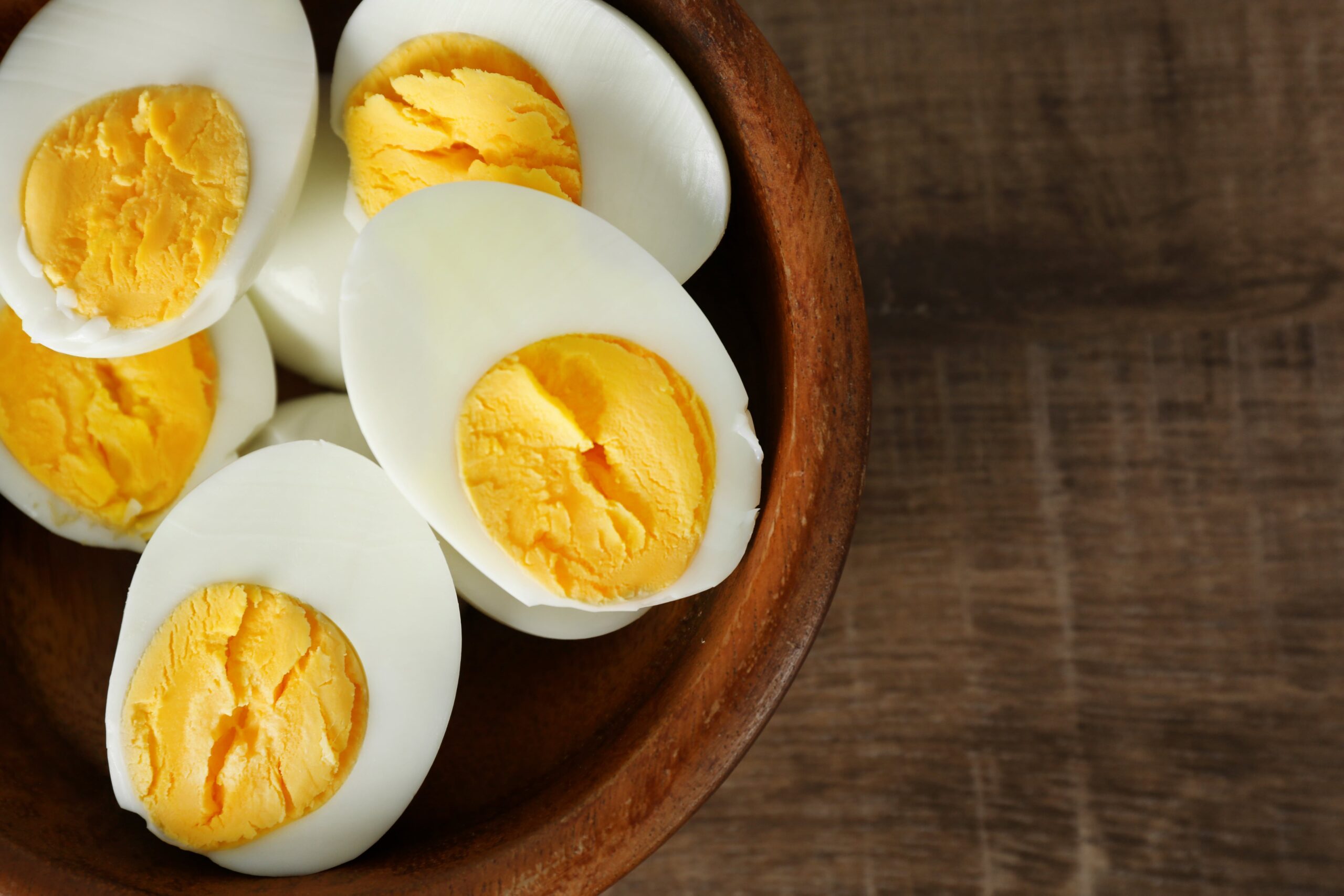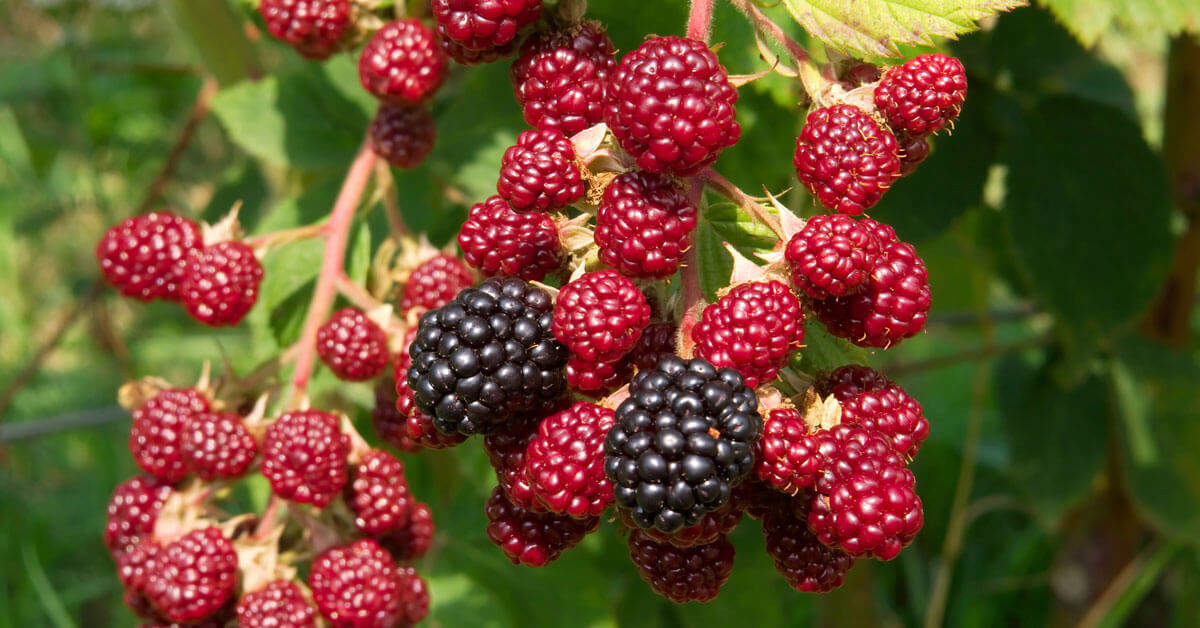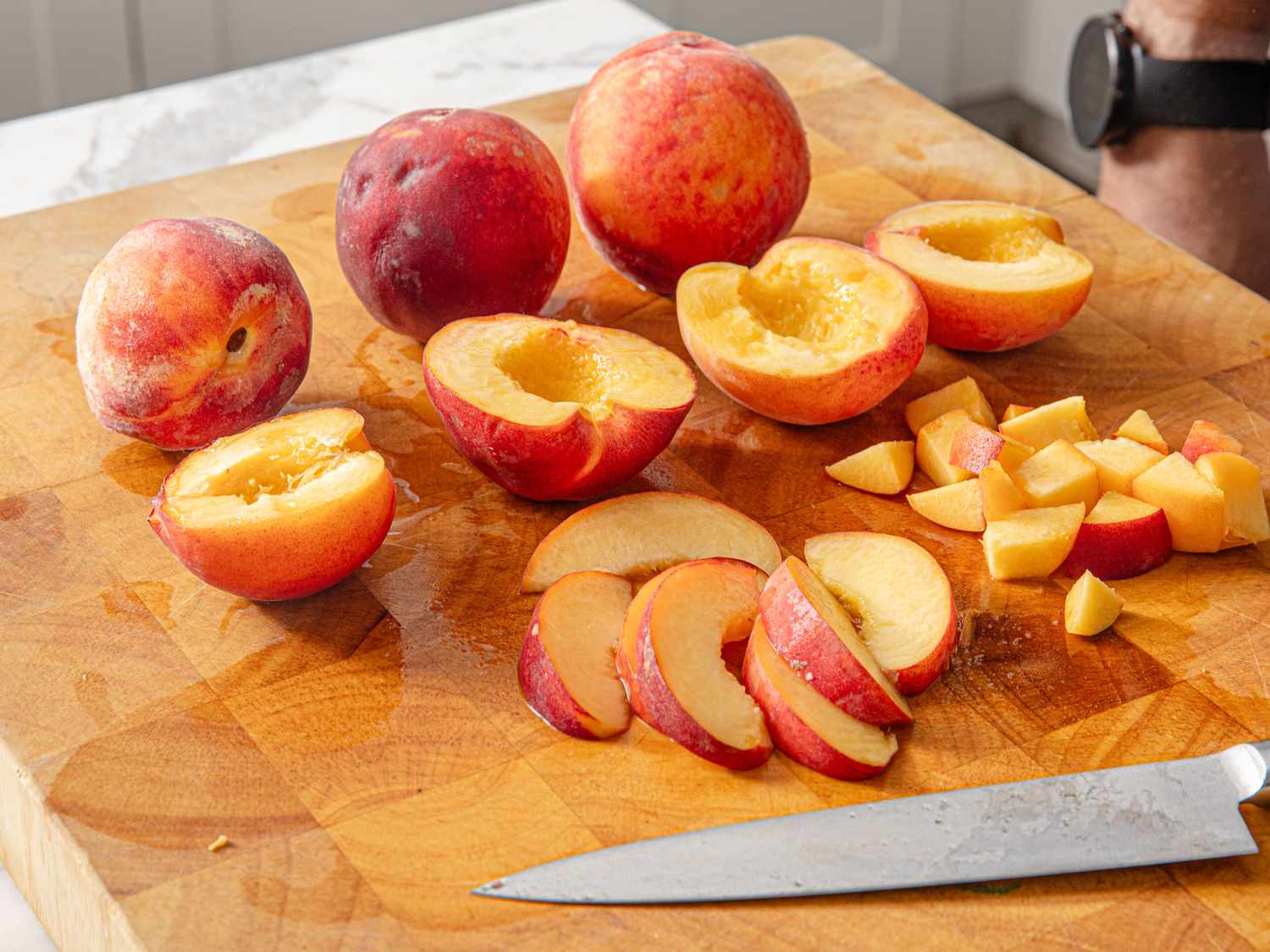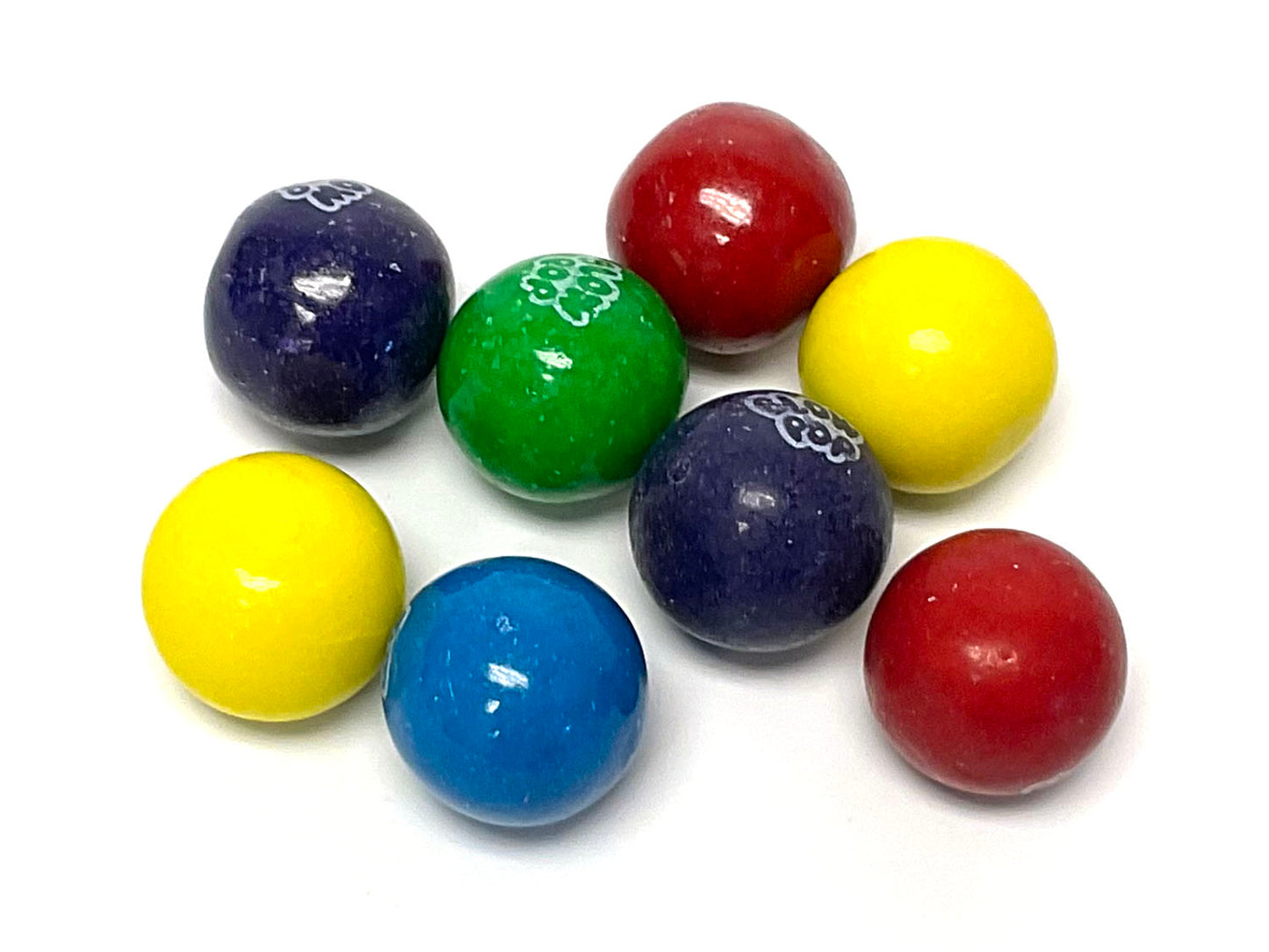Flax seeds are a popular superfood known for their numerous health benefits, including their potential to support fertility. If you're looking to incorporate flax seeds into your diet to boost your fertility, there are several delicious and easy ways to do so. Here are some simple and effective methods for consuming flax seeds to support your fertility journey.
1. Ground Flax Seeds
One of the best ways to unlock the nutritional benefits of flax seeds is by consuming them in their ground form. Whole flax seeds can pass through the digestive system without being fully digested, which means you may not reap all of their fertility-boosting properties. Grinding the flax seeds allows your body to absorb the nutrients more effectively.
2. Smoothies
Adding ground flax seeds to your daily smoothie is a convenient and tasty way to incorporate them into your diet. You can blend them with your favorite fruits, vegetables, and a liquid base, such as almond milk or yogurt, to create a nutrient-packed fertility-boosting beverage.
3. Yogurt Toppings
Sprinkling ground flax seeds on top of yogurt is a simple way to add a crunchy texture and nutty flavor to your snack. Whether you prefer Greek yogurt or dairy-free alternatives, such as coconut or almond yogurt, this quick and easy method can enhance the nutritional value of your snack while supporting your fertility goals.
4. Baking
Flax seeds can be incorporated into a variety of baked goods, including muffins, bread, and cookies. You can use them as an egg substitute by mixing ground flax seeds with water to create a gel-like consistency, which can replace eggs in many recipes. This is a great option for those who enjoy baking and want to boost their fertility through delicious homemade treats.
5. Salad Toppings
Sprinkling whole or ground flax seeds on top of your salads can add a delightful crunch and a nutritional boost to your meal. Whether you’re enjoying a leafy green salad or a hearty grain bowl, flax seeds can complement a wide range of flavors and textures while supporting your fertility journey.
6. Flax Seed Oil
Another way to incorporate flax seeds into your diet is by using flax seed oil as a dressing for salads or cooked vegetables. Flax seed oil is rich in omega-3 fatty acids, which can support overall reproductive health and fertility. Drizzling it over your favorite dishes is an easy and flavorful way to harness the benefits of flax seeds.
Incorporating flax seeds into your diet can be a simple and enjoyable way to support your fertility goals. Whether you prefer to consume them ground, in smoothies, as a yogurt topping, in baked goods, as salad toppings, or in the form of flax seed oil, there are plenty of delicious options to choose from. By making flax seeds a regular part of your diet, you can take a proactive step towards enhancing your fertility and overall well-being.
More Delicious Ways to Incorporate Flax Seeds into Your Fertility Diet
As we've discussed the benefits of flax seeds for fertility, why not put this knowledge into practice with some delicious recipes? For a refreshing start, the Flaxseed Blueberry Smoothie Delight is an excellent choice, packed with antioxidants and fiber. If you're looking for a hearty breakfast, the Hearty Flaxseed Pancakes combines health with indulgence. For those on the go, the Energizing Flaxseed and Oatmeal Bars offers a quick energy boost. I recommend trying the Omega-Rich Flaxseed Crusted Salmon for a dose of omega-3s essential for fertility, and the Nutritious Flaxseed and Avocado Toast for a nutritious snack. These recipes not only enhance your diet but also support your journey towards enhanced fertility with the natural benefits of flax seeds.
